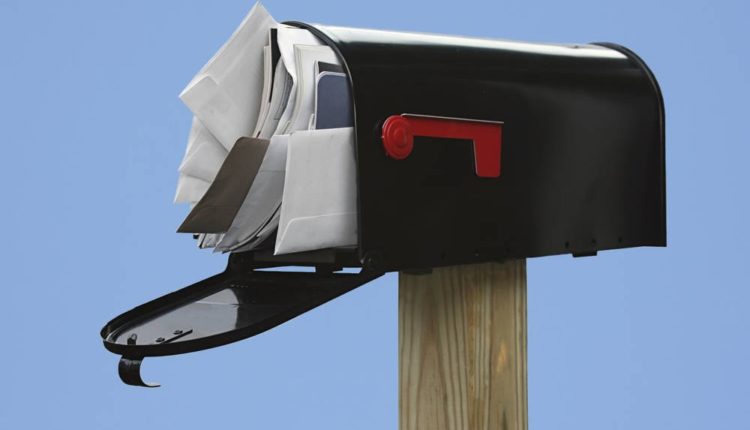FTC warns that fake reviews will be punished • The Register
U.S. companies ranging from Amazon to Applebee’s, Google to Gap, IBM to IHOP and Microsoft to McDonald’s have received warnings from the Federal Trade Commission (FTC) for false reviews and misleading recommendations.
The regulator of competition and consumer protection says he has been fired “Criminal Notice” [PDF] letters to over 700 companies – from the largest of Big Tech and Big Pharma to Americana’s iconic suppliers around the world. If you’ve heard of them, are probably on the list [PDF].
The letter informs companies that if they “use approvals in ways contrary to previous FTC administrative cases,” they could face “substantial civil penalties” of up to $ 43,792 for violation.
This may mean false feedback or approvals in which the person making the recommendation has been paid by the company to say good things about it.
Samuel Levin, director of the FTC’s Consumer Protection Bureau, said in a statement: “Fake reviews and other forms of fraudulent approvals deceive consumers and undermine fair business. Advertisers will pay a price if they engage in these fraudulent practices.”
Penetrating, the letter defines marketing mischief as:
… false request for confirmation by a third party; misrepresentation that the endorser is an actual user, current user or recent user; continues to use approval without good reason to believe that the endorser continues to adhere to the views expressed; misrepresentation that approval represents the experience, views or opinions of users or prospective users; use of endorsement to make fraudulent claims for enforcement; non-disclosure of an unexpected material connection with an endorser; and the misconception that guarantor experience is the typical or ordinary consumer experience. Note that positive user feedback is a form of approval, so these reviews may be illegal, for example, when they are false or when a material link is not properly disclosed.
The two obvious companies most at risk here are Amazon and Google. Amazon for its e-commerce empire, where there are fake reviews is not unknown, and Google for its ubiquitous search engine, which has reviews for brick and mortar companies and more.
The problem is that sellers and small businesses with the presence of these platforms can simply buy reviews from unscrupulous dealers. On Amazon, buyers are less likely to buy something that has no reviews, so websites have emerged that present tempting ways to outperform the algorithm.
Many review sites profess commendable exposure goals for small businesses or even the elimination of the harm caused by bad reviews, but that doesn’t stop some of these reviews from being misleading or deceptive.
These services are not difficult to find and government regulators are beginning to notice. This summer, the British Competition and Markets Authority an investigation has been launched in the epidemic of fake reviews on Amazon and Google, citing concerns that consumers have been misled and technology giants are not doing enough to stop it.
As we reported, Amazon has blamed the rise of social media about the haste with fake reviews throughout its service, saying that it “ruthlessly protects our store and will take action to stop fake reviews, regardless of the size or location of those trying to commit this abuse.”
The FTC also pointed to social media, saying it had “blurred the line between authentic content and advertising, leading to an explosion in fraudulent market approvals.”
The regulator was quick to add that just because a company received the notice does not mean they are accused of fraud. But given how serious the problem is, it’s hard to see how it will be controlled.
We look forward to seeing if anyone will actually be fined in these circumstances.
Amazon and Google were asked to comment. ®


Comments are closed.